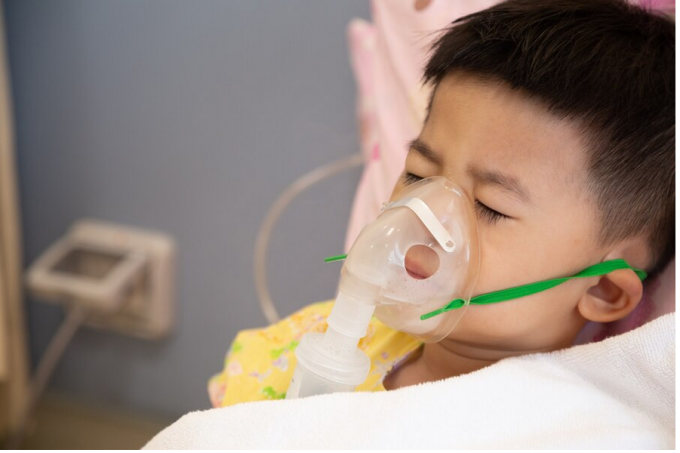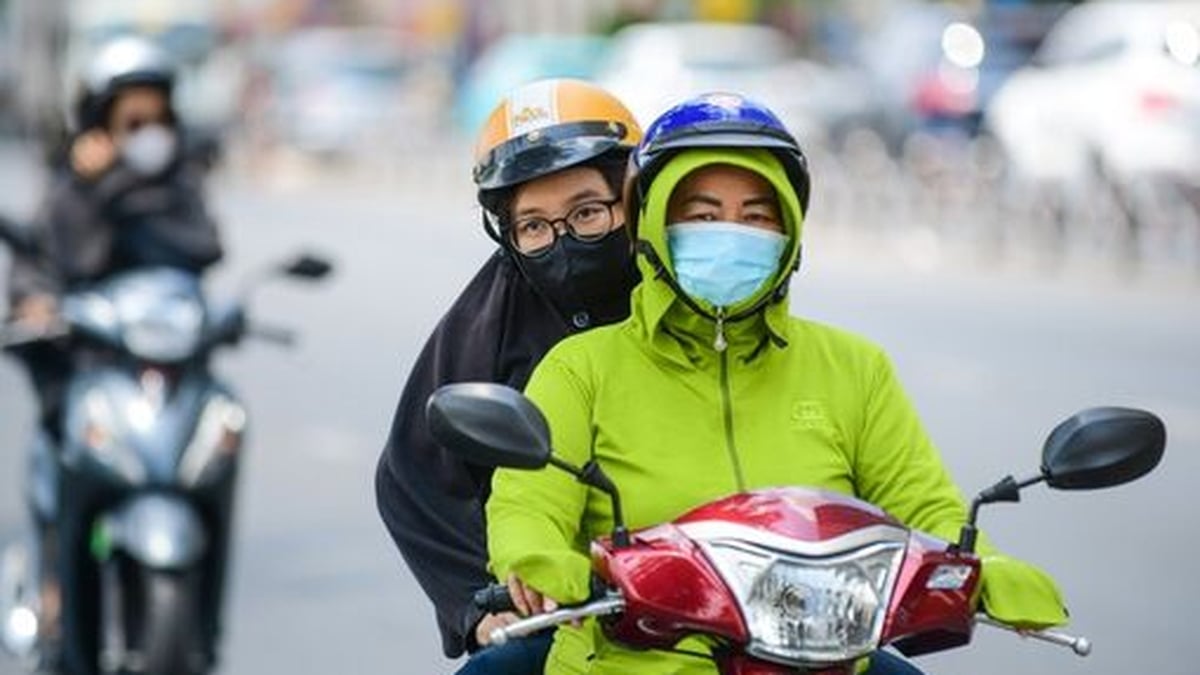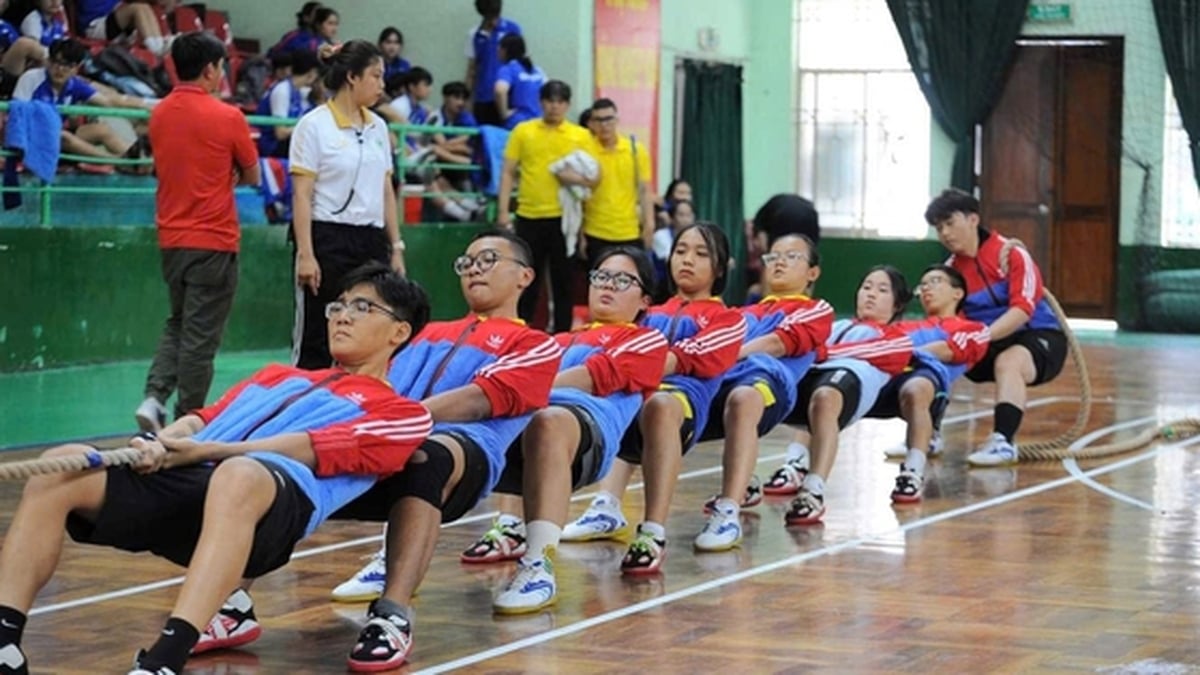My three-year-old child often has upper respiratory tract infections. Why does the disease easily recur and how can I prevent it? (Le Huyen, Dong Nai )
Reply:
The upper respiratory tract includes the nose, pharynx, throat, sinuses and larynx, which are responsible for taking in air from the outside, humidifying, warming and filtering the air before bringing it into the lungs. Due to direct contact with the air and the outside environment, pathogens (viruses, bacteria, molds, dust...), these organs are very susceptible to irritation and infection when the weather changes suddenly or when the seasons change.
Upper respiratory tract infections include pharyngitis, tonsillitis, laryngitis, sinusitis, middle ear infections... Children with the disease have symptoms such as fever, cough, fatigue, loss of appetite, loss of appetite, headache, hoarseness, difficulty breathing. For infants, the symptoms are often unclear, may be weak sucking, irregular breathing, pale skin...
Most children with upper respiratory tract infections who are properly treated will recover after about 5-7 days. However, the disease can still recur due to agents such as influenza virus, adenovirus, rhinovirus, group A hemolytic streptococcus, pneumococcus, staphylococcus, candida fungus... growing in the environment. In addition, the immune system of children is weak, so the ability to fight the disease is poor.
On average, children under 5 years old are at risk of these diseases 4-6 times a year. Infants and young children can get sick 6-10 times a year. The disease recurs many times, putting children at risk of physical and mental retardation.

Children often have upper respiratory tract infections when the weather changes. Photo: Freepik
To prevent disease, children should clean their nose and throat daily with saline solution. Parents should avoid letting children catch a cold and avoid eating or drinking too cold food. Keep the living environment airy, free of cigarette smoke, dust, and mold...
Children should be fully vaccinated to strengthen their respiratory resistance such as whooping cough - diphtheria - tetanus, pneumococcal vaccine... when they reach the specified age. Children from 6 months of age and older should be vaccinated against influenza and get a booster shot every year.
When children show symptoms of illness, parents should take their children to a medical facility for examination and treatment. Parents should not give their children medicine on their own. Proper detection and treatment of the disease can prevent viruses and bacteria from penetrating deep into the organs of the lower respiratory tract, reducing the risk of dangerous complications.
Associate Professor, Dr. Vu Huy Tru
Head of Pediatrics Department, Tam Anh General Hospital, Ho Chi Minh City
| Readers ask questions about children's diseases here for doctors to answer |
Source link



































































































Comment (0)